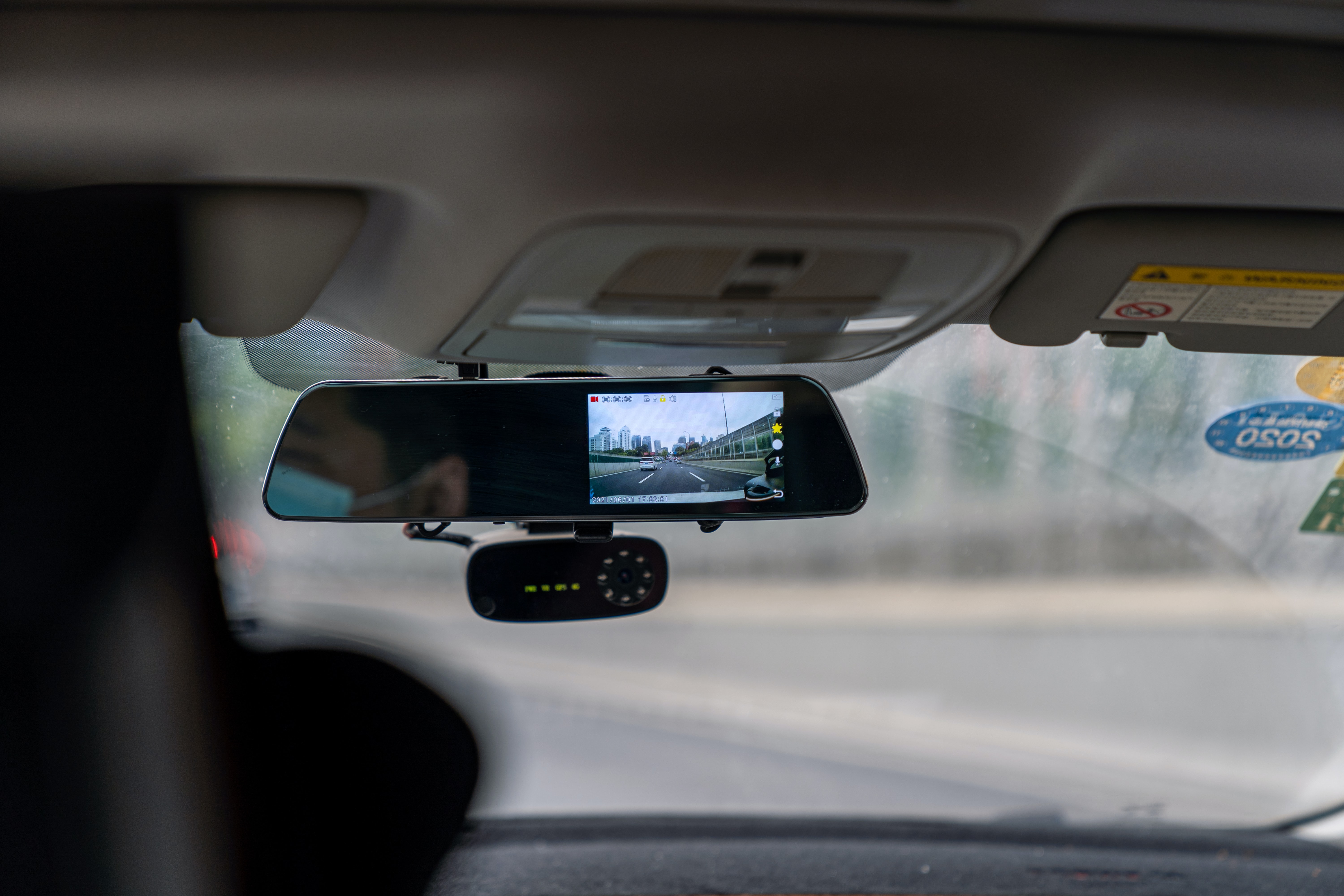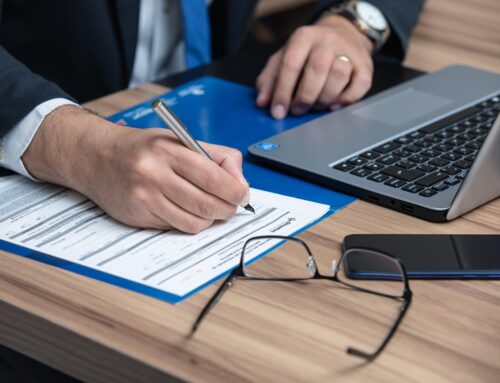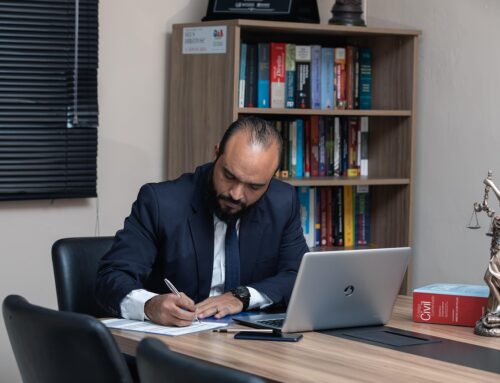Cell phones have provided a quick and accessible way to document events and gather evidence in real time, useful for those who suffered a car accident and want to make sure the reality of the situation is recorded. However, recording using your phone while driving is not feasible and not safe. Dashcams are proving themselves more and more valuable every year as their hands-free recordings are used in increasing amounts of legal cases as evidence. Dashcams are generally cheap, require minimal upkeep, and can provide evidence to help my case in a legal proceeding; is there any downside? Today, we will discuss why certain people advocate for dashcams and discuss the legal requirements you must follow here in Florida regarding dashcam footage.
Privacy Concerns With Dashcams
When most people imagine the use cases for dashcams, a forward-facing recording of the street pops into mind. However, the potential ways a dashcam can provide evidence in a case are plentiful. A back-facing dashcam can give a view of a car that strikes you from behind or provide a clearer picture of an accident involving a side swipe. Dashcams can also record the inside of the vehicle with audio and video. An audio and video recording of the inside of your car can be evidence, either for or against you, that you were not distracted at the time of the accident. It can help establish liability in a messy case.
These scenarios, however, start becoming complicated when privacy rights are involved. For example, all parties in Florida must be aware of an audio recording taking place in a personal location, such as the interior of a car. While the video could exonerate you if the other party claims you were texting or otherwise distracted, you could still face legal ramifications stemming from the undisclosed recording of a conversation between you as the driver and your passengers without their knowledge.
Florida also has requirements on the way that dashcams can be mounted on your vehicle. Nothing can obstruct your view of the road, whether it be a dashcam, hula girl, or Sun Pass. The most common location for a mount is behind the rearview mirror, an area already obscured.
Legal Implications of Dashcam Footage
We have already briefly discussed some of the ways that a dashcam can help prove your innocence or help establish your level of culpability for an accident. Your dashcam footage can definitely help, but it may be more of a hindrance.
In a Florida car accident, despite our No-Fault system, damages can be awarded in a lawsuit based on who was at fault following insurance claims. Sometimes, who is at fault is clear, but it could be less evident in other situations. Insurance companies and attorneys will go back and forth to determine precisely how the accident happened. Dashcam footage that has not been edited or altered is generally admissible in court. Your dash cam might be used to show a level of blame on your part, lowering your eventual payout even if you ‘win’ the case.
Dashcams can drag you into police proceedings. If you’re involved in an accident or legally pulled over by a police officer, they have the right to ask to view the dashcam recording. The dashcam footage could be the subject of a subpoena or warrant made by the officers. Furthermore, if your dashcam records illegal activity, you should consult an attorney to establish your legal rights and responsibilities.
Dashcam footage can provide valuable evidence following an accident but has the potential to backfire if you were partially to blame. If you have been in a car accident and need representation, call the law offices of Probinsky & Cole. We have convenient offices in Sarasota, Tampa, and Orlando.








